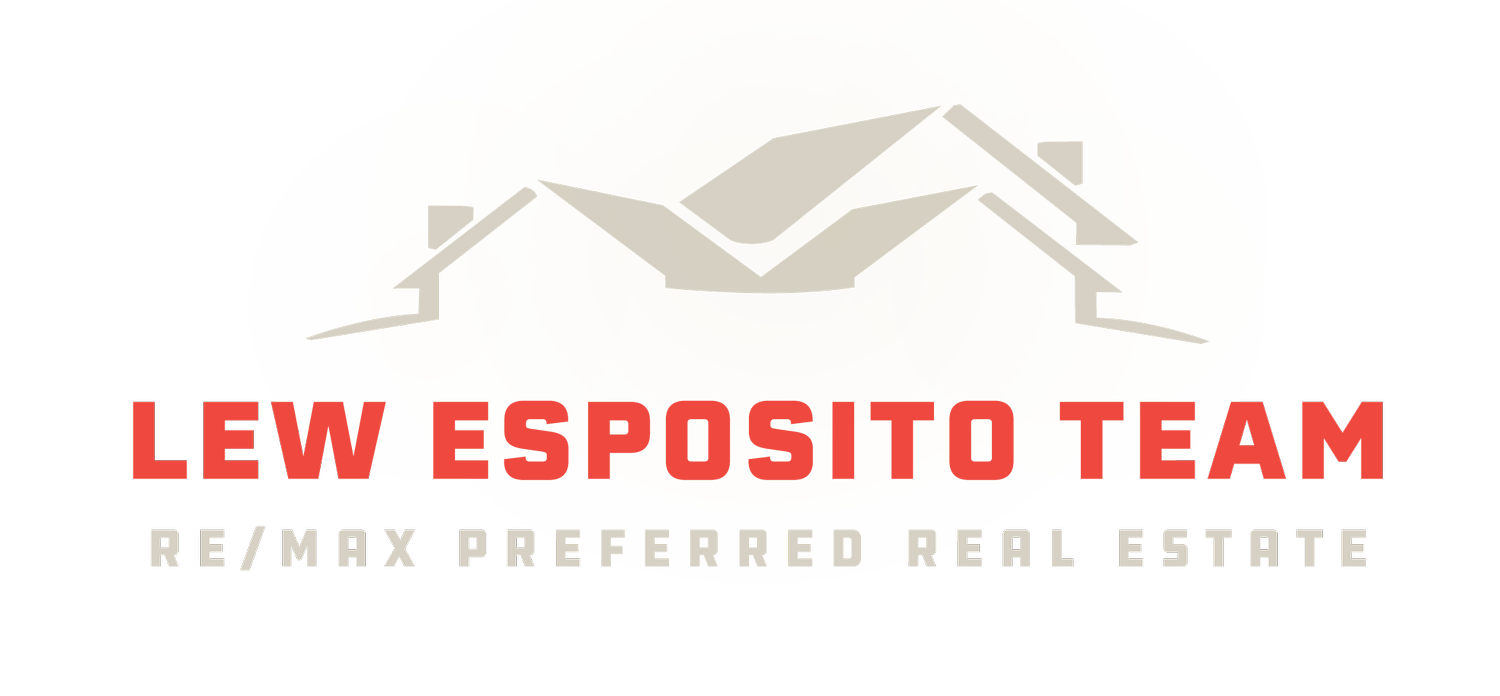Understanding Financing Options: A Comprehensive Guide for Homebuyers and Sellers
In the dynamic world of real estate, navigating the intricacies of financing options is crucial for both home buyers and sellers. This comprehensive guide aims to shed light on various financing options available, helping you make informed decisions whether you're looking to buy or sell a property.
Financing Options for Buyers
Conventional Loan
Conventional loans are a popular choice for homebuyers with good credit and a stable financial history. These loans typically offer competitive interest rates and flexible terms, making them suitable for a wide range of buyers.
FHA (Federal Housing Administration) Loan
FHA loans are designed to assist first-time homebuyers and those with lower credit scores. With a lower down payment requirement, FHA loans make homeownership more accessible, although they come with specific eligibility criteria.
VA (Veterans Affairs) Loan
Reserved for military veterans, VA loans offer favorable terms, including no down payment and competitive interest rates. Understanding the benefits and qualifications for VA loans can be instrumental for eligible homebuyers.
Construction Loan 203k
For buyers eyeing fixer-upper properties, a 203k construction loan can be a game-changer. This loan combines the cost of purchasing the property with funds for necessary renovations, streamlining the process of turning a property into a dream home.
Hard Money Lending
Hard money loans are an alternative financing option for buyers facing credit challenges or seeking a faster closing process. These loans are secured by the property itself and are often used for short-term real estate investments.
Cash
Cash transactions provide the ultimate simplicity and speed in real estate. Buyers with the financial means can benefit from a cash purchase, potentially gaining negotiation leverage and expediting the closing process.
Home Equity Line of Credit (HELOC)
For homeowners looking to tap into their home equity, a HELOC offers a flexible line of credit that can be used for various purposes, including financing a new home purchase.
Home Equity Loan
Similar to a HELOC, a home equity loan allows homeowners to borrow against their equity, but in the form of a lump sum. Understanding the differences between HELOCs and home equity loans is essential for making informed financial decisions.
Cash-Out Refinance
Homeowners can leverage their home equity through a cash-out refinance, which involves replacing an existing mortgage with a new one that has a higher loan amount. This option is ideal for those seeking to access cash for major expenses.
Seller Options
Seller’s Assist
Seller's assist is a negotiation tool where the seller contributes financially to the buyer's closing costs. Understanding how to strategically use a seller's assist can make your property more appealing to potential buyers.
Seller Financing
In seller financing, the seller acts as the lender, allowing the buyer to make payments directly to them. This option can attract a broader range of buyers, especially those who may face challenges securing traditional financing.
Bottom Line
Navigating the diverse landscape of financing options is crucial for success in real estate transactions. Whether you're a buyer exploring mortgage choices or a seller aiming to optimize your property's appeal, a thorough understanding of these financing options empowers you to make informed decisions in the ever-evolving real estate market.

